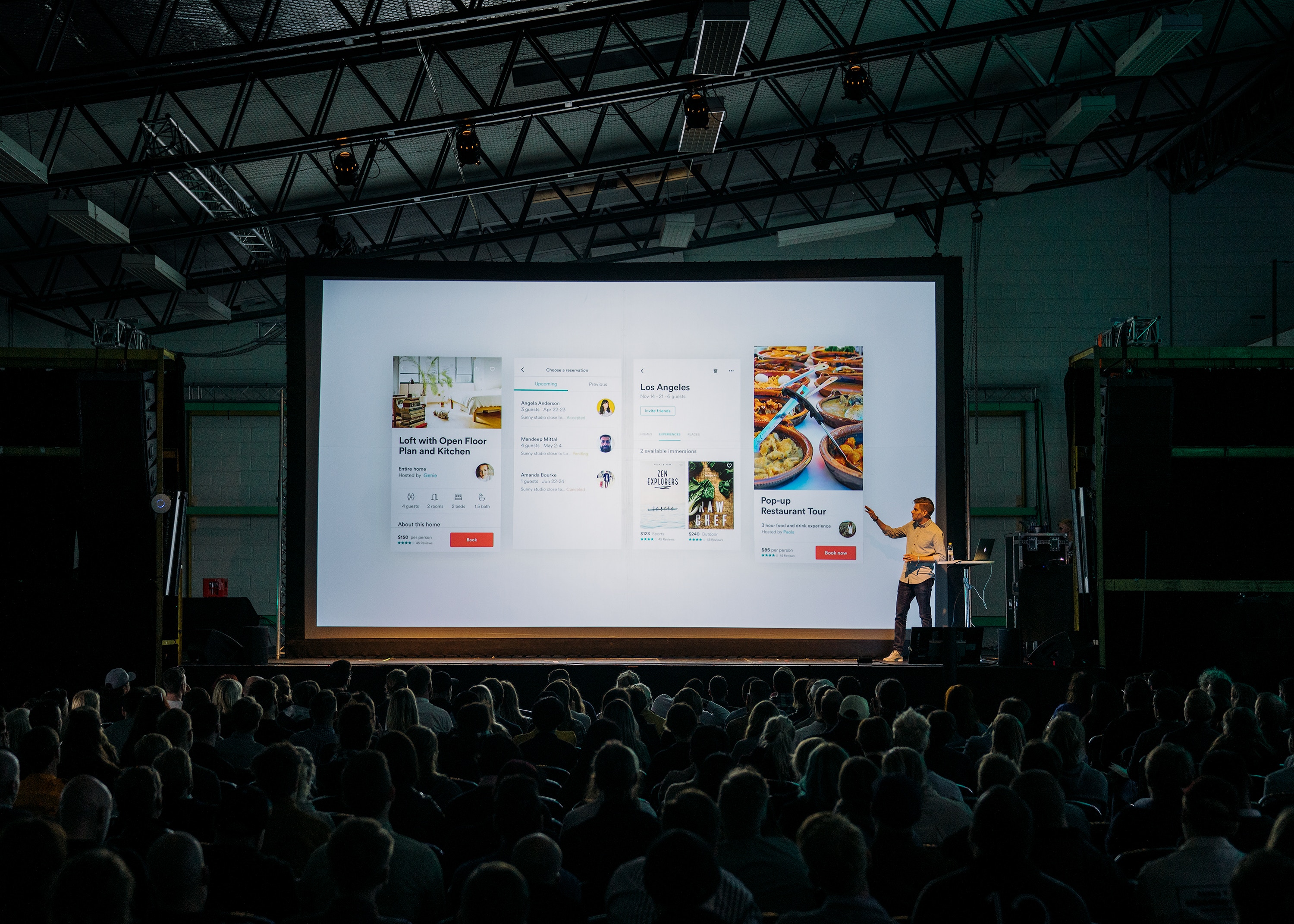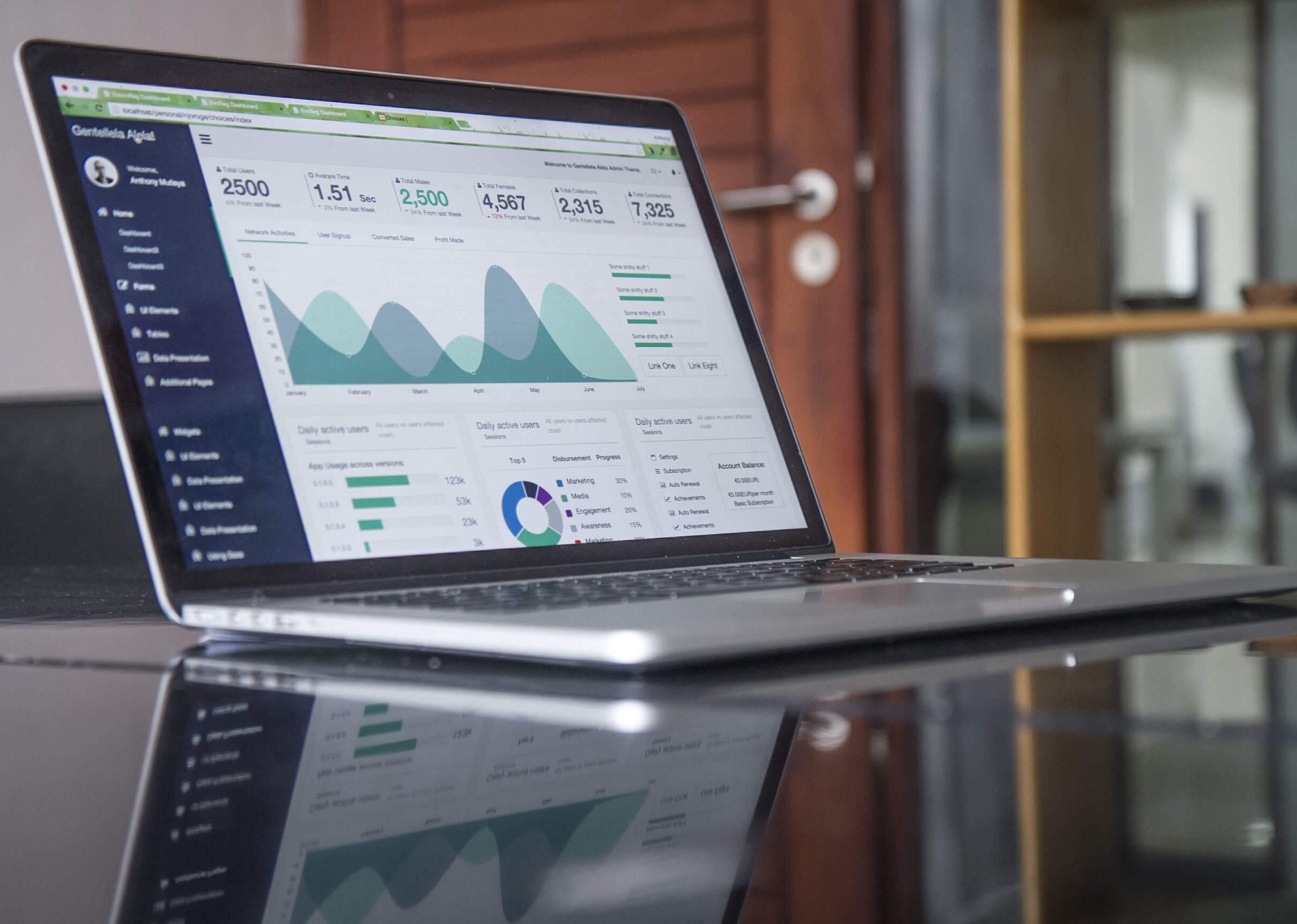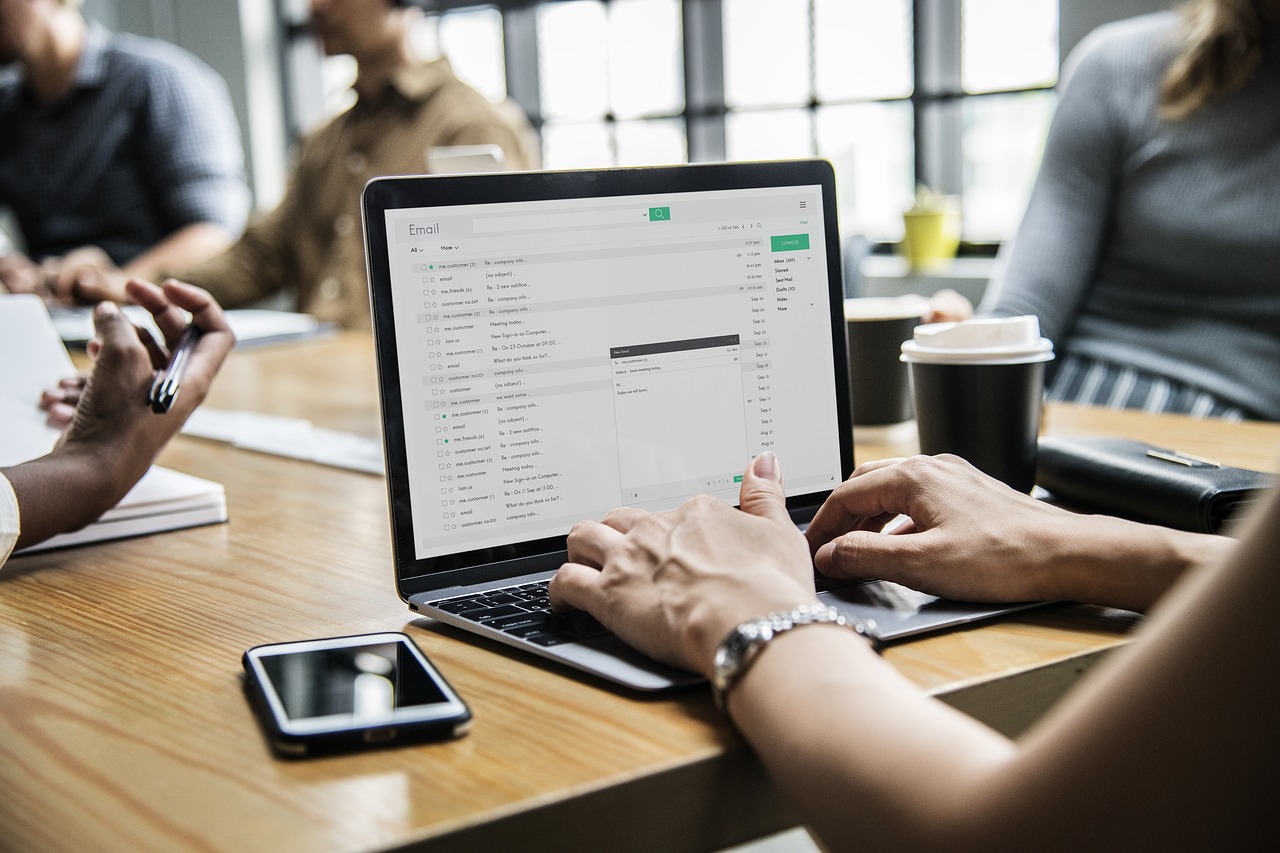How to Promote your Event using Inbound Marketing

If you can use inbound marketing to promote it well, hosting an event is a great way to gain attention for your organisation and to promote you as a thought leader in your industry.
Yet in a world where marketing is constantly undergoing vast changes, finding the right way to market the event that you have put a lot of time and effort into coordinating can be difficult.
Many of you will be familiar with the technique of Inbound Marketing. According to HubSpot’s new State of Inbound 2015 report, 3 out of 4 marketers across the globe now take an inbound approach to marketing. When you apply an inbound marketing strategy to promote your event, it can bring very successful results.
To help you to get a feel for using inbound marketing to promote your event, here are a few tips to get you started.
Set up an Event Website
Unless your event is strictly a private one, an event website is very useful for promoting your event to an online audience. When creating an event website, it helps to consider the following;
-
Create your event website sooner rather than later – You may want to wait until you have the full information about your event before creating an event website, but this can do more harm than good. Search engines take time to crawl your website and determine its relevance. By creating your event website sooner rather than later, even with basic information, you allow search engines to do their work earlier and drive more traffic to your event.
-
Submit URL to Google – In its first stages, your event website will not be known to search engines, such as Google. By submitting your URL to Google your help to get your event website recognised by Google sooner.
-
Create quality content – Organic search traffic is one of the best ways to help your website get recognised. To optimise your site for search engines you need to create quality content that drives organic search traffic to your event website. This isn’t a quick process though, and you need to consistently produce good content to build up your rankings.
-
Gain links – Gaining links from other websites to your site helps search engines determine its relevance. The more other websites that link to yours the more relevant your website becomes. This then helps you climb up the search rankings.
Capitalise on your guest speaker’s network
If your event features a great guest speaker, you can use their network to draw more publicity and attendees to your event. A few ways that you can do this include;
-
Guest blog about the event on their website – You can publish a guest blog on your speaker’s corporate website. This is great for both you and your guest speaker as not only does it promote you as a thought leader in their network, it also broadcasts their newest work to their audience which drives interest from their network too. It will also work as a backlink to your own website, which boosts your own search rankings.
-
Promote your event on social media – Promote your guest speaker on your own Facebook, Twitter and LinkedIn network by announcing your event on your social news feeds and tagging your guest speaker in the post.
-
Promote through event emails – Email still remains a very successful way of promoting business events. By emailing event announcements to your contacts database you are sending event information straight to your prospective audience. Just make sure you write a great event email to boost their attention.
Reach out to the right communities
One of the most effective ways to promote your event is to reach out to appropriate audience communities. A few ways you can do this effectively include;
-
Find out your audience’s hangout spots – See what social media channels your audience use and identify the Facebook groups and LinkedIn groups that are relevant to your industry.
-
Become a voice in the conversation – Once you have established where your audience hangs out, you can then join in the conversation. Reply to questions and spark discussions within these groups to help build engagement.
-
Post thought leadership content – We all enjoy reading what thought leaders have to say on a topic. By posting content that takes an interesting and authoritative stance on your industry your help to gain an audience and recognition of your knowledge in an area, which will help to boost your event turnout.
-
Reach out to industry influencers – By reaching out to industry influencers through social media you can boost traffic and interest in your event.
For more inbound marketing tips and articles containing advice on how to harness digital to promote your organisation, why not take a look at the Artonezero blog by clicking here.



